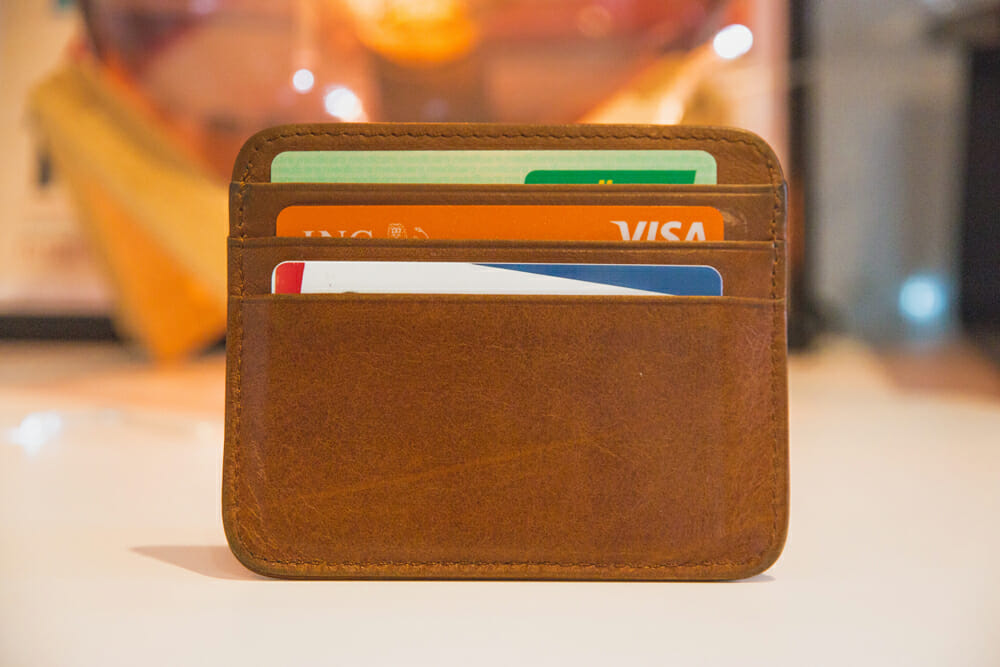Regardless of where you are in life, chances are really good that you’ve got some sort of debt – and the best way to pay it down is, of course, throwing as much cash toward it…but there are other approaches, and here are some tried and tested ideas for you to try out:
1. Mystery Shopping
When you first sign up for mystery shopping, you first get offers for fast food and oil change places, and other opportunities that do not pay very well ($5 to $20 per). This can still add to your debt payoff strategy because you are getting a service or food in the form of a reimbursable expense, you are spending time outside of the house without spending any of your money, and you are making a few bucks on the side to do what you’d normally do (and pay for!). Intellishop is a great place to start. There are mystery shopping opportunities for practically anything – including craft beer!
2. Cash Out Of Reward Points
Credit cards, products, even search engines all offer reward point programs, and there’s opportunity to cash out of your points to boost your debt payoff – Swagbucks, ThankYou Rewards, My Coke rewards, Nuride, and Recyclebank are a few examples.
3. Upromise Account Opening
You may or may not have student loan debt (Graduate School, Medical School or even undergrad) and Upromise will allow you to open a free account at any age and designate anyone as the beneficiary, including you. As you spend money on products and services that you would normally buy anyway (through linked credit/debit/loyalty store card information), you automatically receive a percentage back from the company into your account. Each time your account reaches $10, your linked loan account will be credited through the Upromise Loan Link Program. You can also link your family’s credit/debit/loyalty store cards to this account so that when they purchase products and services, your account is credited at no charge to them.
4. “Free Entertainment Month”
There are so many free entertainment options available in San Diego! Museums, festivals, art walks – institute a month of free entertainment for yourself, and then use your “savings” on debt repayment instead. If you’re really disciplined choose several months in the year, spaced out – mark your calendar and keep track of how much you save…and how much debt you pay down.
5. Sign up for a Bank Offer
There are programs out there that will pay you to open an account – in some cases opening bonuses for $125 each! Read the fine print and understand what requirements you need to meet in order to receive the bonus. For example, in some accounts you have to do a direct deposit or a certain number of debit card transactions. You might need to bring a certain threshold of new savings to open the account, and keep it in the account for six months. While this method may not yield you money to pay down your debt right away, it will give you a boost down the road once you can withdraw the bonus and/or close the account. It’s a great time of year to consider this for a Christmas fund.
6. Pantry/Freezer Challenge
You probably have a lot of food in the bottom of your freezer and upper racks of your pantry that you need to eat or throw away. By eating through this food and only purchasing a few perishables from the grocery store, you can successfully displace some of your grocery budget for the month and put it towards your debt. This has the added bonus of making you less wasteful! Extra tip: make fruits and vegetables last longer by buying organic – they’re typically only a dime more expensive. I always buy organic bananas because non-organic bananas are gassed with CO2 to make them ripen quicker, while organic bananas (that aren’t gassed) will last almost 2 weeks without over-ripening!
7. Carpool
It’s tough, especially in San Diego, but if you can commit to it – you can save between $40-$80 a week for commuting the same amount to work and purchasing the same amount of gas that you would anyway.
8. Check On Your Interest Rate
If you have credit card debt, then having the credit card issuer lower your interest rate will yield the same result as throwing extra money towards the debt – a lower interest rate being charged on the debt means that more of the money that you do normally pay will go towards paying down the principle.



